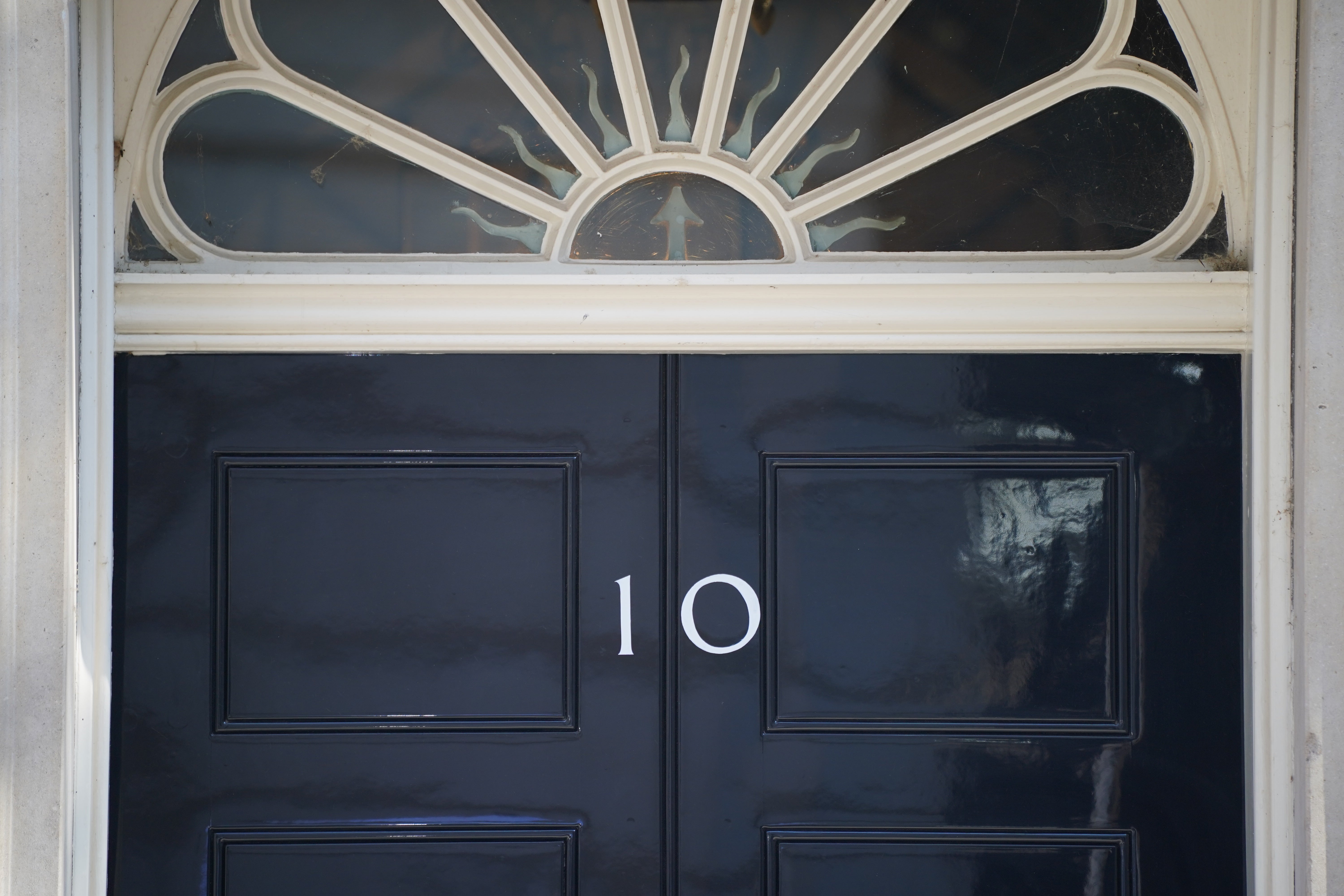How long will the ‘honeymoon period’ for the new prime minister last?
Since the Second World War, there have been eight new prime ministers who have taken over mid-term from another PM of the same party – they all experienced a bounce in the polls, but the size of that bounce has varied substantially, writes Kelly Beaver


As the Conservative leadership contest rolls on, Ipsos is tracking public attitudes towards the two candidates: Liz Truss and Rishi Sunak. Whatever the public are thinking, one near certainty is that once one of them has become prime minister in a few weeks’ time, they – and their government - will most likely benefit from some kind of a “honeymoon” period when they will get a boost in their poll ratings.
Since the Second World War, there have been eight new prime ministers who have taken over mid-term from another prime minister of the same party, six Conservative and two Labour. We have looked at their poll ratings (using the Ipsos or MORI polls back to 1979. Every one of those eight prime ministers witnessed a “bounce” in the polls: their average net satisfaction rating for the way they were doing their job in the three months after they took over was higher than their predecessor’s average in their last three months; and average satisfaction with the government also rose every time.
The size of the bounce, however, does vary: John Major got a +70 net improvement when he replaced Margaret Thatcher, a 35 per cent “swing” (i.e., the equivalent of 35 people in 100 switching from dissatisfied to satisfied), but Harold Macmillan got only a +5 improvement when he took over from Anthony Eden. Most recently, when Boris Johnson replaced Theresa May, satisfaction with the prime minister rose a net +31, but satisfaction with the government rose only a net +14.
The new prime minister upon their arrival into office will do well to dig themselves out of the unpopularity hole that Johnson has dug for the current government, given average net ratings over the last three months have been -41 for Johnson (26 per cent satisfied, 67 pere cent dissatisfied) and -47 for the government (23 per cent to 70 per cent).
While a significant bounce in the polls would be incredibly welcome, Johnson is the only one of the eight successors who managed a further improvement in his ratings later in his first year of office, all other new prime ministers received an initial bounce that gradually subsided.
And how long did those honeymoon periods last? Notably longer for Tory prime ministers than for Labour ones, which is seemingly good news for both Truss and Sunak. James Callaghan was polling significantly worse than his predecessor had been within six months, Gordon Brown within seven months, whereas Macmillan was the only one of the Conservatives whose ratings slipped back within their first year. Major and May were still scoring higher than the previous incumbent almost two years later, and Johnson’s rating never dipped twice in a row below the disastrous level of May’s last three months until after he announced his resignation, almost a three-year honeymoon.
The bad news is that poll bounces do not necessarily signal success: “more popular” is not necessarily “popular enough”. Alec Douglas-Home lost an election at the end of his first year, and May won one so narrowly it felt like a loss, while they were still apparently benefitting from the honeymoon effect. Brown lost his nerve and decided not to call a general election at all. Perhaps he was wise.
If the next prime minister is to win another election for the Conservatives, they would be well advised to aim far higher than merely being less unpopular than Johnson is at the moment.
Kelly Beaver MBE is chief executive of Ipsos



Join our commenting forum
Join thought-provoking conversations, follow other Independent readers and see their replies
Comments